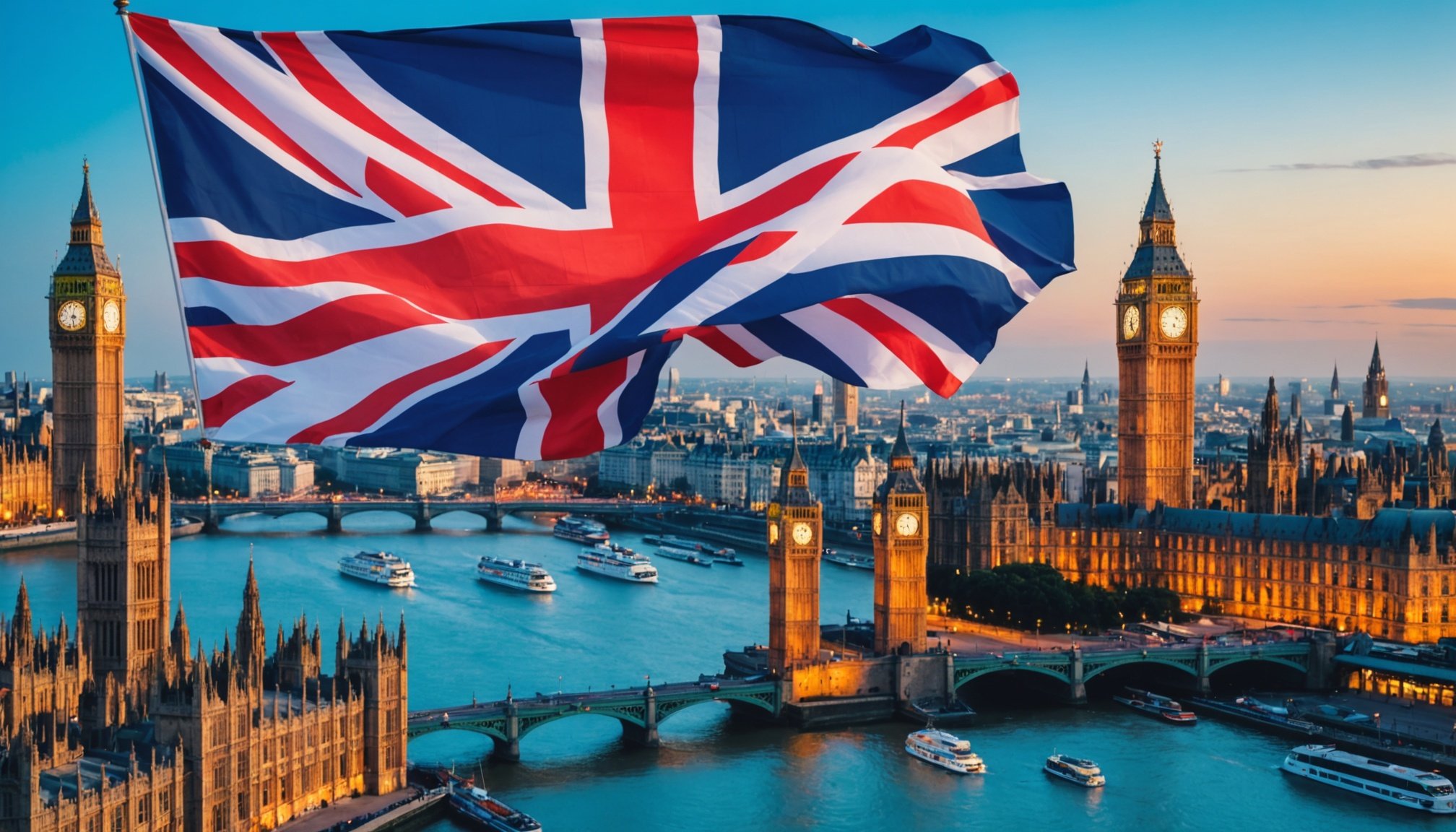Overview of COVID-19 Impact on UK Travel Agencies
The COVID-19 travel impact has been profound, reshaping the landscape for UK travel agencies. Initially, the lockdowns and travel restrictions led to a significant downturn in operations. According to industry reports, there was a 74% decline in revenue for travel agencies during the peak of the pandemic. This was a direct result of halted flights, closed borders, and widespread cancellations.
Consumer behaviour has dramatically shifted during this period. Many travellers became more cautious, prioritising health and safety over luxurious experiences. This change necessitated agencies to rethink their approach, focusing on local and flexible travel options.
Also to discover : Essential tactics for uk construction firms to masterfully adopt bim technology
Moreover, the increased preference for self-booking and virtual experiences meant agencies had to explore new service models. The pandemic has pushed these companies to adopt more digital platforms, offering virtual tours and consultations to remain competitive.
Understanding these impacts provides a foundational perspective. It isn’t just numbers; it’s about evolving in a climate of uncertainty. This will guide the UK travel agencies recovery as they navigate post-pandemic dynamics. Adapting to these new consumer expectations remains a pivotal step in regaining momentum and customer trust.
Topic to read : Revolutionizing uk supply chains: effective approaches for sustainable integration practices
Immediate Recovery Tactics for UK Travel Agencies
In the wake of the COVID-19 travel impact, UK travel agencies have initiated various immediate recovery tactics to stabilise operations. Crisis management strategies are crucial, focusing primarily on financial management and budgeting. Agencies must closely monitor cash flow and optimise budgets to remain financially viable.
Another integral component is workforce management. Strategies such as flexible work schedules and retaining essential staff are vital to maintain service quality. Offering training programs can also enhance staff adaptability to new conditions, ensuring they meet evolving consumer needs.
Additionally, the implementation of flexible cancellation and refund policies has become a standard expectation among travellers. These policies not only build trust but also encourage bookings by providing a sense of security to hesitant consumers. For instance:
- Clear communication regarding refund timelines.
- Introducing travel credits or vouchers for future use.
- Customising cancellation policies according to destinations.
Through these immediate recovery tactics, UK travel agencies aim to regain stability and prepare for future challenges. Prioritising financial prudence, workforce stability, and customer trust is essential to navigating the post-pandemic travel landscape successfully.
Adapting Services to Meet New Consumer Expectations
In the evolving travel landscape, adapting to consumer expectations is crucial for UK travel agencies. Consumer preferences have shifted considerably, favouring travel choices with stringent health and safety protocols. Agencies must prioritize these measures to foster trust and ensure passenger confidence.
Adapting services also involves crafting custom travel packages tailored to the new norms. These might include options focusing on less-crowded destinations or more private travel accommodations. Such offerings not only align with current consumer desires but also differentiate agencies in a competitive market.
Furthermore, agencies are finding innovative ways to integrate flexible and customer-centric solutions. For example, offering packages with adaptable itineraries or personalized experiences can cater to the diverse needs of cautious travellers. As expectations continue to change, the ability to creatively adapt service offerings remains key to capturing interest and encouraging bookings.
By addressing these shifting preferences, agencies can better position themselves in the post-pandemic arena. This approach not only enhances customer satisfaction but also propels recovery efforts, allowing agencies to thrive despite unprecedented challenges in the travel sector.
Leveraging Digital Marketing for Recovery
In the pursuit of recovery, UK travel agencies must embrace digital marketing strategies to enhance their online presence. This begins with a robust SEO approach, ensuring that travel offerings appear prominently in search results and attract potential customers. Through targeted keywords and optimisation, agencies can increase visibility and redirect user traffic to their services.
Social media platforms serve as vital tools for customer engagement. Regular posts featuring travel promotions, dazzling visuals, and updates can captivate audiences, fostering a connection with the brand. By actively responding to customer interactions, agencies can cultivate loyalty and trust, essential elements for long-term success.
Moreover, targeted email marketing campaigns are an effective way to reach previous clients. By curating messages that cater to their specific preferences or previous travel experiences, agencies can rekindle customer interest. Such initiatives not only remind clients of the agency’s offerings but also encourage repeat bookings and referrals.
As the landscape continues to evolve, leveraging digital platforms ensures agencies remain competitive and relevant. By investing in these strategies, UK travel agencies can navigate towards recovery confidently, adapting to consumer demands in an increasingly digital world.
Long-Term Sustainability Strategies for Travel Agencies
For enduring long-term recovery, UK travel agencies must deliberate on sustainable strategies to ensure their viability in an uncertain market. A vital component of this is the investment in cutting-edge technology. By enhancing the customer experience through upgraded digital tools, such as user-friendly booking platforms and AI-driven support systems, agencies can meet and anticipate customer demands efficiently.
Building partnerships with local businesses represents another strategic avenue. Collaborations can foster mutual support, allowing agencies to offer unique experiences that highlight local culture and attractions, thereby enticing domestic travellers. These partnerships not only bolster community ties but also create diversified revenue streams.
Continuous education and training of staff play a crucial role in enabling agencies to swiftly adapt to ongoing changes. By keeping employees updated on the latest industry trends and safety protocols, agencies maintain a workforce that is both knowledgeable and responsive to evolving consumer expectations.
Focusing on these sustainable strategies cultivates resilience in travel agencies, equipping them to tackle future challenges. While the industry rebuilds, such forward-thinking approaches are essential for achieving sustainable growth and reinforcing customer trust in a post-pandemic world.
Case Studies of Successful Recovery
Examining how certain UK travel agencies have successfully navigated the post-COVID landscape offers valuable insights. These successful travel agencies have demonstrated resilience and adaptability through innovative recovery strategies.
Profiles of Success: Some agencies, like BestEscapes and ExploreBritain, leveraged their local expertise to capture domestic travel interest. By crafting itineraries that showcased hidden regional gems, they attracted travellers eager for fresh experiences close to home.
Unique Recovery Strategies: A common theme among these successful agencies is the swift pivot to digital solutions. BestEscapes invested significantly in their mobile application, enhancing customer interaction through personalised recommendations. ExploreBritain worked on strengthening affiliations with local transport and hospitality businesses, offering exclusive deals and packages.
Lessons Learned: These examples display the importance of agility and digital transformation in recovery. Agencies that quickly adopted flexible approaches to customer engagement reaped significant benefits. Key lessons include the necessity of understanding consumer sentiment and the value of building strong local partnerships.
Such recovery case studies underline the critical role of creativity and technological investment. Emulating these successful strategies can pave the way for other agencies aiming to thrive in the post-pandemic travel industry.



